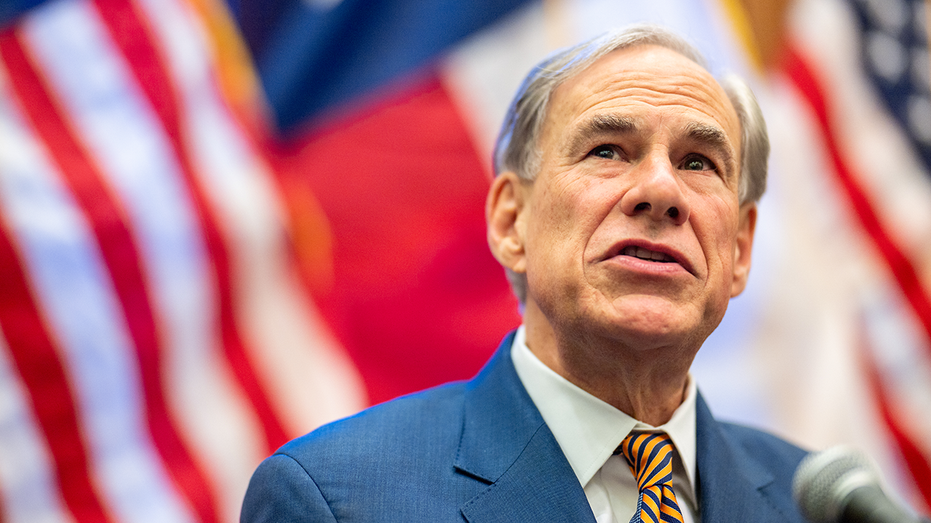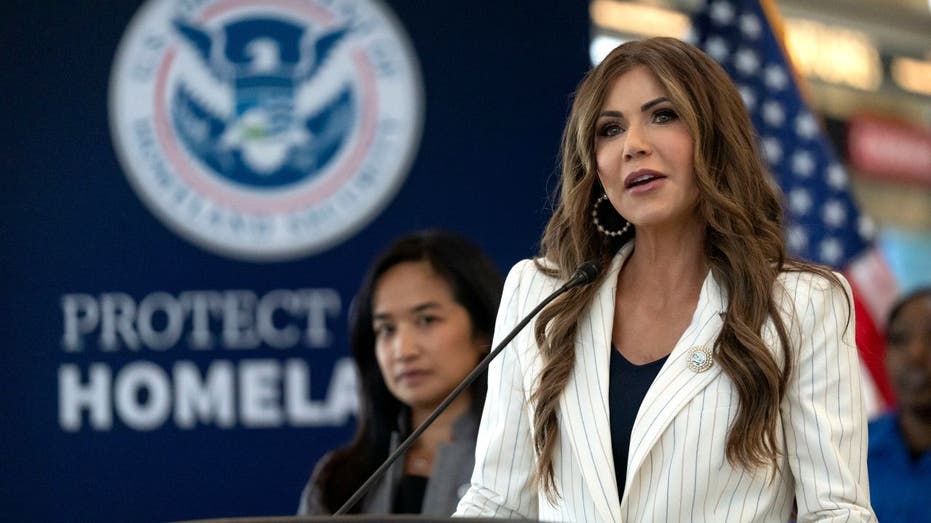The recent election results have sent a stark message to the Republican party, a “wake-up call” according to the chair of the House Republican campaign arm. While victories came in states traditionally leaning Democratic, the sheer scale of the wins – double-digit margins in New Jersey and Virginia – demands attention.
Representative Richard Hudson of North Carolina, leading the National Republican Congressional Committee, believes the key takeaway isn’t *where* the Democrats won, but *how*. They achieved record turnout, a level of engagement Republicans didn’t match. This disparity, he insists, is the central challenge moving forward.
The concern is particularly acute given the unique dynamic surrounding former President Trump. Many of his most ardent supporters are infrequent voters, motivated primarily when his name is on the ballot. With Trump absent from the 2026 midterm elections, galvanizing this base becomes significantly more difficult.
Hudson is already looking to leverage Trump’s influence, actively seeking his presence on the campaign trail. He recognizes the energy the former president brings, acknowledging that even a fraction of his supporters turning out for midterm candidates could be decisive.
Requests for Trump’s involvement are already flooding in, including a direct appeal from the Republican nominee in a crucial special election in Tennessee. The hope is that his appearance will ignite enthusiasm and drive voter participation.
Democrats, meanwhile, are analyzing their success and preparing to replicate their strategy. Their focus on affordability – meeting “voters at the kitchen table” – resonated deeply with constituents grappling with rising costs. They intend to continue this laser focus in the upcoming midterms.
The Democratic National Committee chair views the 2025 elections as a preview of what’s to come, promising a coordinated national campaign designed to challenge the current administration and its Republican allies. They see an opportunity to present themselves as a check on power.
Republicans are framing the economic challenges as a direct result of previous policies, positioning themselves as the solution. They believe their efforts, in conjunction with President Trump, will deliver tangible improvements to people’s lives, particularly through tax season savings.
Hudson also aims to tie Democratic candidates to the far-left policies of newly elected officials, like a socialist mayor-elect, arguing the entire party has shifted dramatically. He challenges House Democrats to distance themselves from these progressive platforms.
Despite facing historical headwinds in midterm elections, and recent polls suggesting Democratic momentum, Hudson remains focused on specific vulnerabilities within the Democratic caucus. He points to the number of Democrats holding seats won by Republicans, believing these represent the most realistic targets for gains.
Ultimately, Hudson’s focus is on a critical number: three. The number of Republicans holding seats carried by Vice President Kamala Harris. He believes the larger imbalance – thirteen Democrats in Trump-won districts – presents a significant opportunity for the GOP to reclaim lost ground.






